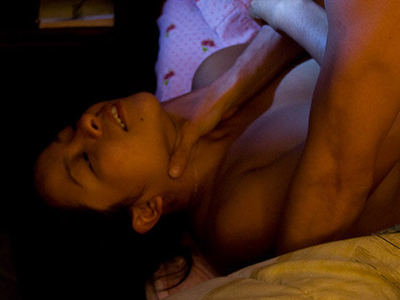

de Cinematografía, © 2010 Strand Releasing
 |
 |
| Photo
© 2010 Machete Productions/Instituto Mexicano de Cinematografía, © 2010 Strand Releasing |
| VOR: | (3) (What is this?) |
| Awards: | |
| Cannes Film Festival: Caméra d'Or (Best First Film) | |
| Permalink | Home | Unreleased | ABC | Blog |